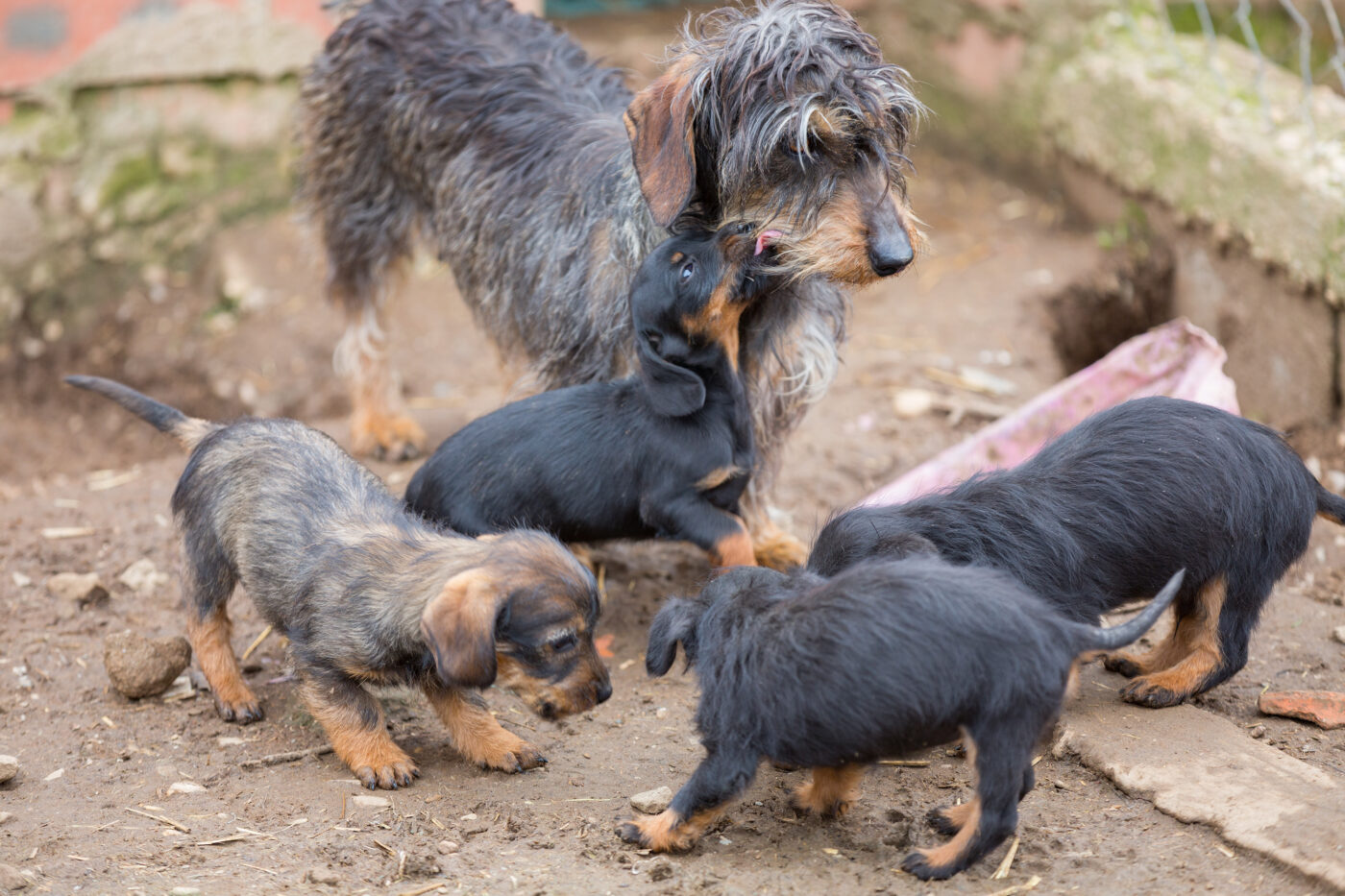

As dog owners, we do everything we can to keep our pets safe, but one of the greatest risks to their health is other dogs. Dogs interacting at parks, kennels, or doggy daycare can easily transmit diseases to one another. While not every illness is fatal, some diseases can lead to serious health problems and, in extreme cases, even death if left untreated. By understanding which diseases are most dangerous and how they spread, you can take steps to protect your dog from unnecessary risks.
Canine Parvovirus

Canine parvovirus, commonly known as parvo, is one of the most feared diseases in dogs, particularly in puppies. This highly contagious virus spreads through direct contact with an infected dog or contaminated surfaces, such as food bowls or the ground. The virus attacks the gastrointestinal tract, leading to severe vomiting, diarrhea (often bloody), and rapid dehydration. Without prompt veterinary care, parvo can be fatal, especially in young dogs. Vaccination is key to preventing this deadly disease, as it provides strong protection.
Canine Distemper

Canine distemper is a serious viral disease that affects a dog’s respiratory, gastrointestinal, and nervous systems. The virus is spread through the air when infected dogs cough or sneeze or through shared food and water bowls. Early symptoms include fever, coughing, eye discharge, and lethargy, but as the disease progresses, it can lead to seizures, paralysis, and even death. There is no cure for distemper, but vaccination can prevent it. This is why keeping your dog updated on their vaccines is crucial, especially if they’re around other dogs frequently.
Kennel Cough (Canine Infectious Tracheobronchitis)

Kennel cough is a highly contagious respiratory disease that affects the trachea and bronchi of dogs. It is commonly spread in places where dogs are in close quarters, such as kennels, dog parks, or groomers. Dogs contract kennel cough through airborne droplets from coughing or barking, and symptoms include a dry, hacking cough, nasal discharge, and sneezing. While kennel cough is generally not fatal, it can weaken a dog’s immune system, leading to secondary infections. In severe cases, particularly in puppies, elderly dogs, or those with weakened immune systems, it can lead to pneumonia and other complications.
Rabies

Rabies is one of the most well-known and deadly diseases that can affect dogs and humans alike. Although rare in areas with strong vaccination programs, rabies is still risky in some regions. The virus is transmitted through the saliva of an infected animal, typically via a bite. Rabies attacks the nervous system, causing symptoms such as aggression, disorientation, paralysis, and extreme fear of water. Once symptoms appear, rabies is almost always fatal. Keeping your dog vaccinated against rabies is crucial for their safety and the protection of your family and the wider community.
Canine Influenza

Canine influenza, or dog flu, is a contagious respiratory disease caused by specific strains of the influenza virus. It spreads through respiratory droplets when an infected dog coughs, sneezes, or barks. Symptoms include coughing, fever, nasal discharge, and lethargy. While canine influenza is usually not fatal, complications like pneumonia can arise in more severe cases, particularly in young, elderly, or immunocompromised dogs. Vaccination is available for dogs in high-risk environments, such as boarding facilities or dog parks, where they’re likely to encounter other dogs.
Leptospirosis

Leptospirosis is a bacterial disease that dogs can contract from other animals, including dogs, and from contaminated water or soil. The bacteria are transmitted through the urine of infected animals, and dogs often contract it by drinking contaminated water or coming into contact with contaminated surfaces. Leptospirosis affects the kidneys and liver and can lead to organ failure if left untreated. Early symptoms include fever, vomiting, lethargy, and muscle pain, but the disease can rapidly progress to more serious conditions. Vaccination is available and can provide protection against the disease.
Canine Coronavirus

Not to be confused with COVID-19, canine coronavirus is a virus that primarily affects a dog’s gastrointestinal system. It spreads through contact with infected feces and often occurs in areas where dogs are kept in close quarters, such as kennels or shelters. Symptoms include diarrhea, vomiting, and dehydration. While canine coronavirus is typically less severe than some other diseases on this list, it can still be dangerous, particularly for puppies or older dogs with weakened immune systems. Preventative hygiene measures and vaccinations can reduce the risk of infection.
Canine Herpesvirus

Canine herpesvirus (CHV) is a contagious viral infection that can be fatal to newborn puppies. It is spread through direct contact with infected dogs, often during mating or through contact with bodily fluids like saliva or nasal discharge. While adult dogs may carry the virus without showing symptoms, they can pass it on to their puppies, which are particularly vulnerable to the disease. Symptoms in young puppies include lethargy, loss of appetite, difficulty breathing, and nasal discharge. Unfortunately, there is no cure for canine herpesvirus in puppies, so preventing exposure is crucial.
Lyme Disease

Lyme disease is a bacterial infection that can affect both dogs and humans. It is caused by the bacterium Borrelia burgdorferi, transmitted through an infected tick’s bite. While the disease is not spread directly from dog to dog, an infected dog can carry ticks that pose a risk to other animals and people. Symptoms in dogs include lameness, fever, lethargy, and swollen joints. In severe cases, Lyme disease can lead to kidney damage or neurological issues. Tick prevention is the best way to protect your dog from Lyme disease, and regular tick checks after outdoor activities.
The Dog Park Isn’t Always a Walk in the Park!

While socializing your dog is important, staying vigilant about the potential risks they face when around other dogs is also essential. The diseases mentioned above can range from mild to life-threatening, but the good news is that many are preventable with the right care and vaccinations. So, next time you head to the dog park, keep an eye out—not just for fun fetch opportunities but also for the safety and health of your furry friend. After all, a happy, healthy dog makes for the best playdate!
The post 9 Deadly Diseases Your Dog Can Catch From Other Dogs appeared first on iHeartDogs.com.
